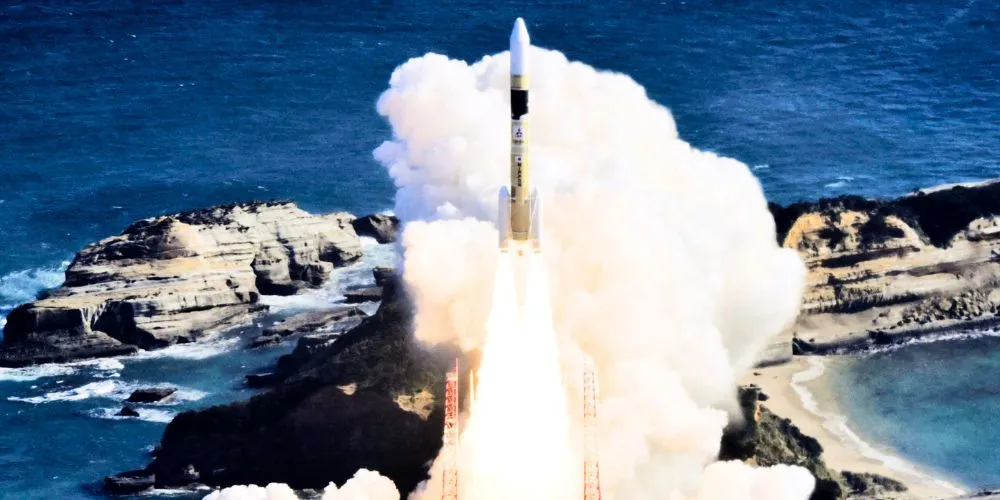Mitsubishi Heavy Industries achieved another milestone by successfully launching the Japanese government’s Information-Gathering Satellite “Optical-8” aboard its H-IIA rocket. The event, marking the 48th launch of Japan’s flagship launch vehicle since 2001, showcases the nation’s commitment to advancing its space capabilities.
The Optical-8 satellite, designed for information-gathering purposes, holds strategic significance for Japan’s space endeavors. The successful deployment bolsters the country’s space-based surveillance and reconnaissance capabilities, supporting national security and technological advancements.
The H-IIA rocket, developed by the Japan Aerospace Exploration Agency (JAXA), has maintained an impressive success rate of 97.92% over its 48 launches. However, Japan is gearing up for a transition, planning to retire the H-IIA Rocket after two more launches. The next-generation H3 rocket is slated to take place, representing a leap forward in Japan’s launch vehicle technology.
The shift to the H3 rocket, designed to enhance performance and capabilities, has faced challenges. JAXA encountered setbacks in March last year when the first test launch of the H3 rocket experienced difficulties. Despite this setback, Japan remains committed to advancing its space exploration capabilities, with the second test launch of the H3 rocket scheduled for February 15.
The H-IIA’s legacy as a reliable workhorse in Japan’s space program underscores the nation’s contributions to the global space community. Its retirement marks a transition to more advanced and capable launch vehicles, aligning with Japan’s ambitions to remain at the forefront of space exploration and technology.
The successful launch of the Optical-8 satellite serves immediate national interests and contributes to Japan’s broader goals in space science, technology, and international collaboration. As Japan navigates the challenges of transitioning to new launch vehicles, the achievements and lessons learned from the H-IIA Rocket program will undoubtedly inform and shape the future of the country’s space exploration endeavors.
In the dynamic landscape of space exploration, Japan’s commitment to innovation and resilience positions it as a key player in shaping the future of space technology and exploration.










